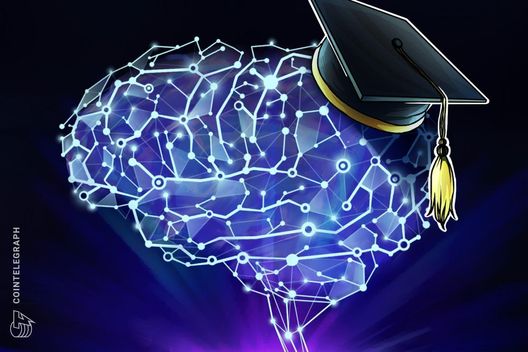
In recent years, the intersection of artificial intelligence (AI) and blockchain technology has revolutionized various industries, including education. Projects in the educational sector have been increasingly turning to AI and blockchain to create more accessible and efficient alternatives for students.
One of the key benefits of integrating AI and blockchain in education is the potential to enhance accessibility for students. By leveraging AI algorithms, educational platforms can personalize learning experiences based on individual student needs and preferences. This personalized approach can help students learn at their own pace and in a way that suits their unique learning styles, ultimately improving their academic performance.
Additionally, blockchain technology offers a secure and transparent way to store and verify academic records. With blockchain, students can have a tamper-proof digital record of their achievements, which can be easily shared with potential employers or academic institutions. This not only simplifies the process of verifying qualifications but also reduces the risk of fraudulent credentials.
Moreover, the use of blockchain can also streamline administrative processes within educational institutions. By storing data in a decentralized and immutable ledger, institutions can reduce paperwork, eliminate manual errors, and enhance data security. This can lead to cost savings and operational efficiencies, allowing institutions to focus more resources on improving the quality of education.
Several projects in the educational sector are already leveraging AI and blockchain technologies to enhance learning experiences for students. For example, some online learning platforms use AI algorithms to analyze student performance data and provide personalized recommendations for further study materials. These platforms can also utilize blockchain to securely store student records and credentials, ensuring their authenticity and integrity.
In addition to personalized learning and secure record-keeping, AI and blockchain technologies are also being used to create more inclusive educational opportunities. For instance, AI-powered language translation tools can help non-native speakers access educational content in their preferred language, breaking down language barriers and promoting diversity in education. Blockchain-based micro-credentialing systems can also provide alternative pathways for individuals to acquire new skills and qualifications outside of traditional educational institutions.
Overall, the integration of AI and blockchain in the educational sector holds great promise for improving accessibility, efficiency, and inclusivity in education. As more projects continue to explore the potential of these technologies, we can expect to see innovative solutions that empower students and educators alike to thrive in the digital age.

Leave a Reply